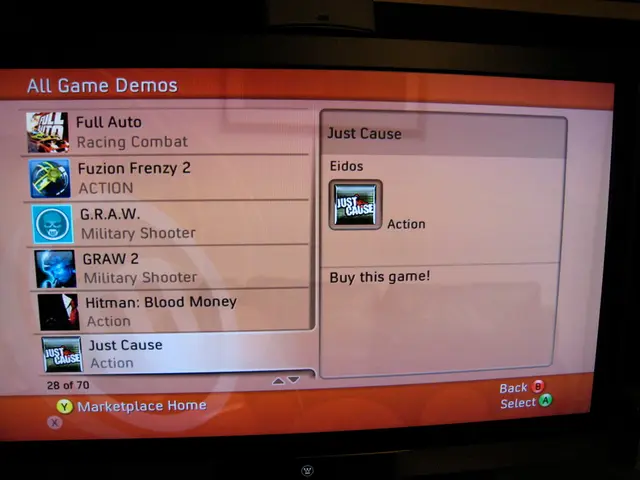Proposal Aimed at Accelerating Solana Block Confirmation Speeds
Solana, a leading blockchain platform, is set to undergo a significant transformation with the introduction of the Alpenglow consensus upgrade. This innovative change seeks to drastically improve block finality speed and network resilience by replacing the current Proof-of-History (PoH) and TowerBFT mechanisms with the Votor protocol.
The Votor protocol, a direct-vote, leader-pipelined finality system, is expected to reduce block finality time from approximately 12.8 seconds down to 100–150 milliseconds. This reduction will enable near-instant transaction confirmations, comparable to web application user experiences.
Key improvements of the Alpenglow upgrade include faster finality via Votor, stronger security and mathematical guarantees, resilience and fault tolerance, simplified validator communication and certification, and reduced complexity and improved efficiency.
Faster finality via Votor allows validators to exchange votes off-chain, drastically cutting delays by removing reliance on heavy gossip traffic and on-chain vote transactions. The upgrade also incorporates formal safety assurances that prevent conflicting blocks from being finalized, enhancing the network's security and integrity.
The Alpenglow design tolerates up to 20% adversarial and 20% unresponsive validators without stalling progress, improving fault tolerance in adverse network conditions. Different certificates for notarizing, skipping, or finalizing blocks are issued based on validator participation and voting outcomes, ensuring blocks are processed quickly and with integrity.
Moving voting off-chain and aggregating signatures reduces network bandwidth usage and latency, helping the network scale while maintaining efficiency.
If approved, the Alpenglow consensus upgrade would introduce a Validator Admission Ticket (VAT) to replace on-chain vote fees, with each validator paying 1.6 SOL per epoch. This change has raised concerns among some in the community, as it may create barriers for smaller players.
Validators who fail to vote or cast conflicting votes risk losing rewards. The vote for Alpenglow is currently underway and is expected to run until the end of the current governance period.
If Alpenglow passes, Solana could move closer to real-time confirmations, similar to centralized systems. The new system can tolerate up to 20% adversarial behavior and 20% downtime, a resilience level far beyond what TowerBFT offers.
In addition, Rotor is proposed as a streamlined way to share data across the Solana network, simplifying block propagation compared to Turbine. Alpenglow could mark one of the biggest changes in Solana's history, potentially reshaping how Solana is seen in the wider blockchain space.
If the upgrade passes, mainnet deployment could follow in 2026, positioning Solana for greater global adoption and competitive performance in decentralized applications.
[1] Solana Labs. (2022). Alpenglow: A New Consensus Model for Solana. [Online]. Available: https://solana-labs.github.io/alpenglow/
[2] Solana Labs. (2022). Alpenglow: Faster finality, stronger security, greater resilience. [Online]. Available: https://blog.solana.com/alpenglow-faster-finality-stronger-security-greater-resilience-6343770a8e31
[3] Solana Labs. (2022). Alpenglow: Live Q&A. [Online]. Available: https://www.youtube.com/watch?v=Lw57z6GqZdU
[4] Solana Labs. (2022). Alpenglow: Whitepaper. [Online]. Available: https://alpenglow.solana-labs.com/
[5] Solana Labs. (2022). Alpenglow: Design Rationale. [Online]. Available: https://alpenglow.solana-labs.com/design-rationale/
Read also:
- Tesla is reportedly staying away from the solid-state battery trend, as suggested by indications from CATL and Panasonic.
- Review of the 2025 Lamborghini Revuelto: Blazing Beasts on Wheels
- Tech giant Apple debuts sports app integrating betting odds provided by DraftKings
- Examining Digital Payment Cards in Nigeria (2025)







